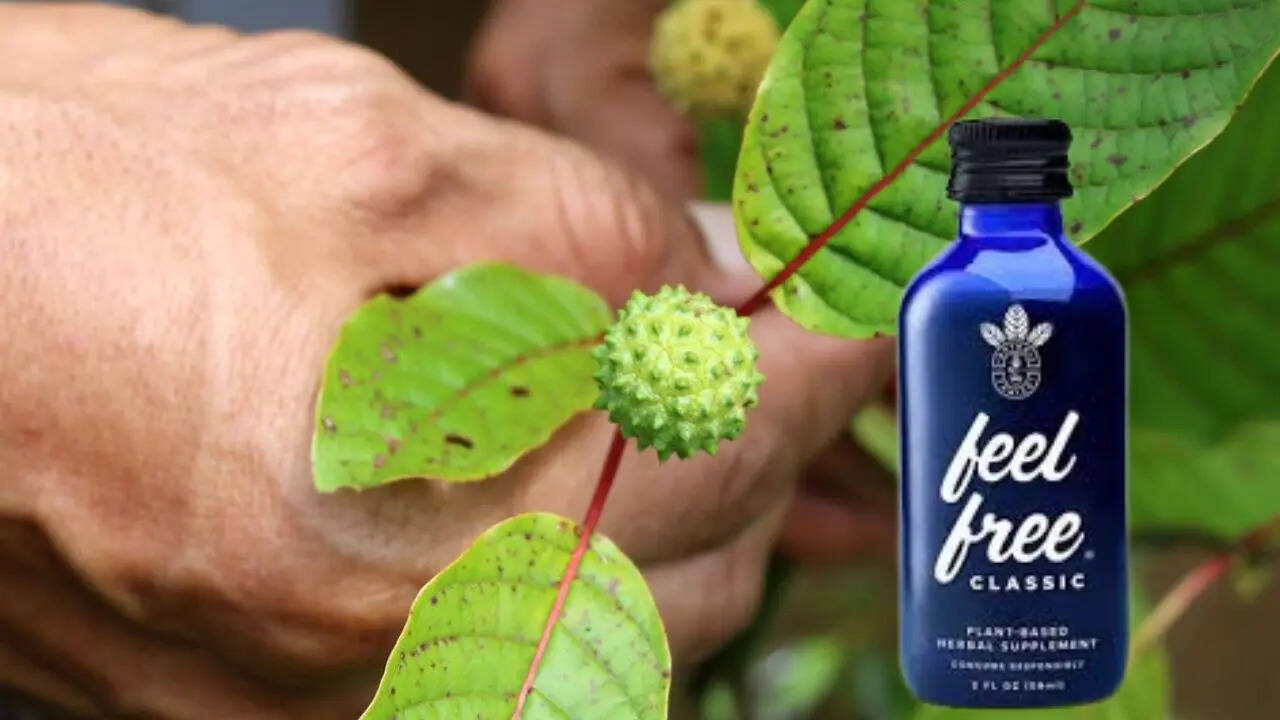What Are Kratom And Kava, The Controversial Ingredients In ‘Feel Free’ Drinks?

Credits: Canva
Summary‘Feel Free,’ a popular herbal tonic sold in the U.S., is drawing criticism from experts after reports linked it to addiction-like effects. The drink, made by Botanic Tonics, contains kratom and kava, plant-based ingredients known for their mind-altering and calming effects. The FDA has not approved either ingredient for medical use, and several states have restricted or banned kratom due to safety concerns.
End of Article
